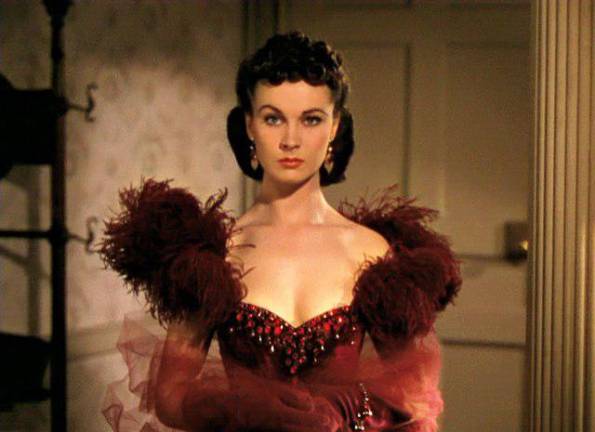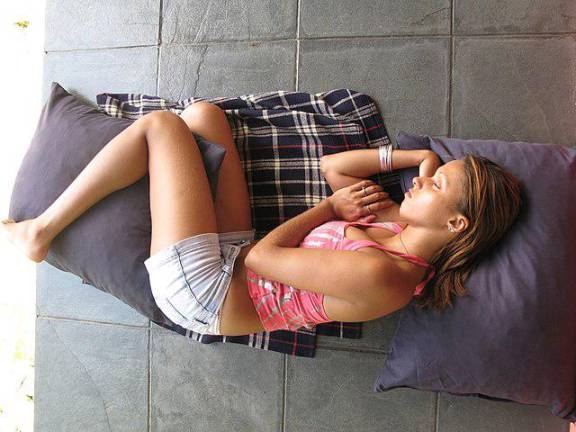Tossing and Turning and Trying to Sleep? It Would Be Wise to Embrace Scarlet O’Hara’s Advice
A new report says that women were almost two times more likely to develop insomnia than men. Experts say avoid caffeine, and make a conscious decision to stop worrying about anxiety inducing problems. If there is nothing to do about it that night, put it off until tomorrow.
How well did you sleep last night? That’s not a trick question, but the answers are kind of tricky, based as they are on gender, age, and even the season.
Last February, the National Sleep Foundation reported that women were almost two times as likely as men to develop insomnia. The culprits? Hormones, of course, beginning with the onset of menstrual cycles and carrying through pregnancy and dealing with a newborn baby whose cries more often seem to wake up Mom than Dad. And as women age, hot flashes that hit two in every ten women experiencing menopause, can jolt them awake. And let’s not forget how the higher female risk of sleep apnea, depression, and anxiety contribute to nighttime wakening and daytime sleepiness.
Age is also a factor. As Aric Prather, a psychologist at the University of California, San Francisco told the New York Times, when people slide into their fifties, sixties and seventies, sleep can become more fragmented. Both men and women may wake up more frequently to pee. Or the many varieties of age-related pain may keep them awake.
Finally, there’s the time of year. Both Daylight Saving Time and summer have us spending more time in the sunlight which, like bright lights in the bedroom, tamp down our natural production of melatonin, the hormone that says, “time to sleep.” Hotter summer weather can sometimes interfere with the normal lowering of body temperature at day’s end that helps cool us into deep sleep. Luckily, your humming air conditioner takes over.
As you might expect, Dr. Prather has some suggestions for how to coax sleep. First because anxiety is an anti-sleep emotion, he advises choosing 10 to 20 daytime minutes to make a list of your major problems, then setting the list aside, and, do follow the advice of Vivien Leigh in her Academy Award winning role as Scarlett O’Hara in “Gone With The Wind” when she said: “I can’t think about that right now. If I do, I’ll go crazy. I’ll think about that tomorrow.”
Second, control the caffeine. You know it’s an upper, but did you know it’s “uppering” can last for up to eleven hours? To counter that, make your first or second wake-up cup of coffee in the morning your last of the day. If you find yourself in need of a lift late in the afternoon, Dr. Prather, perhaps in jest, has been quoted far and wide as recommending sticking your head in the fridge freezer. The shock, he says, is even more jolting than java.
Third, take two hours before bedtime to unwind. Read an unexciting book, take a warm bath, switch to the On Demand channel and watch a program you’ve already seen so it’s relaxing rather than involving. If nothing works or you wake up and can’t go back to sleep, get up and do something quiet, like knitting. As for sleep supplements, including melatonin pills, that’s a question for your doctor. But here’s an old-fashioned sweet surprise: Warm milk and cookies. Milk has the amino acid tryptophan, a natural relaxer, and the cookies provide the carbs needed to push the tryptophan into your wide-awake brain.
Yum.
And hopefully, yawn.

